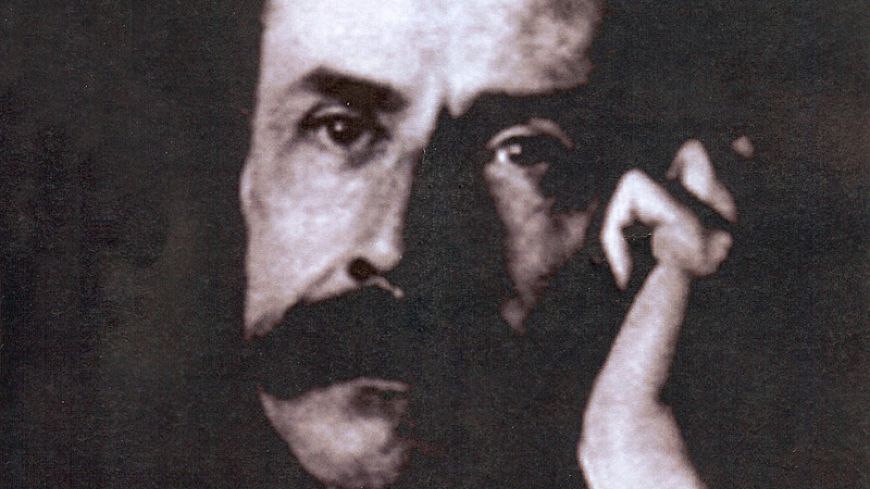
As a child I don’t suppose I was alone in pondering heaven and hell and wondering how it was decided which I should end up in at my death. John Henry Newman’s long poem, The Dream of Gerontius, is a dream just about that.
The two hundred and sixty very talented musicians on the stage of the Usher Hall under their conductor Neil Mantle performed Edward Elgar’s oratorio based on Newman’s poem. It was a profoundly emotional experience.
Even the measured arrival, under chorus master Walter Thomson, of the choirs to their seats was notable. The orchestra of over one hundred included two harps whilst the organ at the back gave out thunderously low notes. The applause at the end showed how much the Oratorio was appreciated but should have gone on longer.
Mark Wilde, the tenor, was Gerontius so vividly having his troublesome dream, mostly in English with just a few lines of Latin. He found himself ‘We are now arrived close on the judgement-court’ surrounded by the combined choirs, the Assistants. Within the choir was a semi-chorus of Angelicals. Their Praise to the Holiest in the height is familiar as a much loved church hymn.
Just before the interval the bass, Michael Bundy as the Priest, with the Assistants firmly in the background, forcefully pronounced ‘Go forth upon thy journey, Christian Soul’ followed by a resemblance of Psalm 150.
The Angel takes command and Colette Ruddy’s mezzo-soprano was so clear and yet so comforting. ‘We have now passed the gate, and are within The House of Judgement…’ she sings. Gerontius ceases his earthly form and is now his Soul with ‘I hear the voices that I left on earth’. The Angel tells him ’Thy judgement now is near, for we are come into the veiled presence of our God’. And on into Purgatory.
John Henry Newman was a little heard of Oratorian who wrote his poem about the time of his very public spat with Charles Kingsley. Newman was to become a Cardinal but remained within what was then the Roman Catholic Diocese of Birmingham, later an Archdiocese. Edward Elgar’s Worcester fell within the boundary of that diocese.
It is said that Queen Victoria’s favourite General, Gordon of Khartoum, died in battle with a copy of the poem which was later given to Elgar, himself a Roman Catholic. The Oratorio’s first performance in 1900 was a disaster for all sorts of reasons. One hundred and ten years later this performance was a triumph.
Event: Sunday 28 February 2010 7.30 pm.

